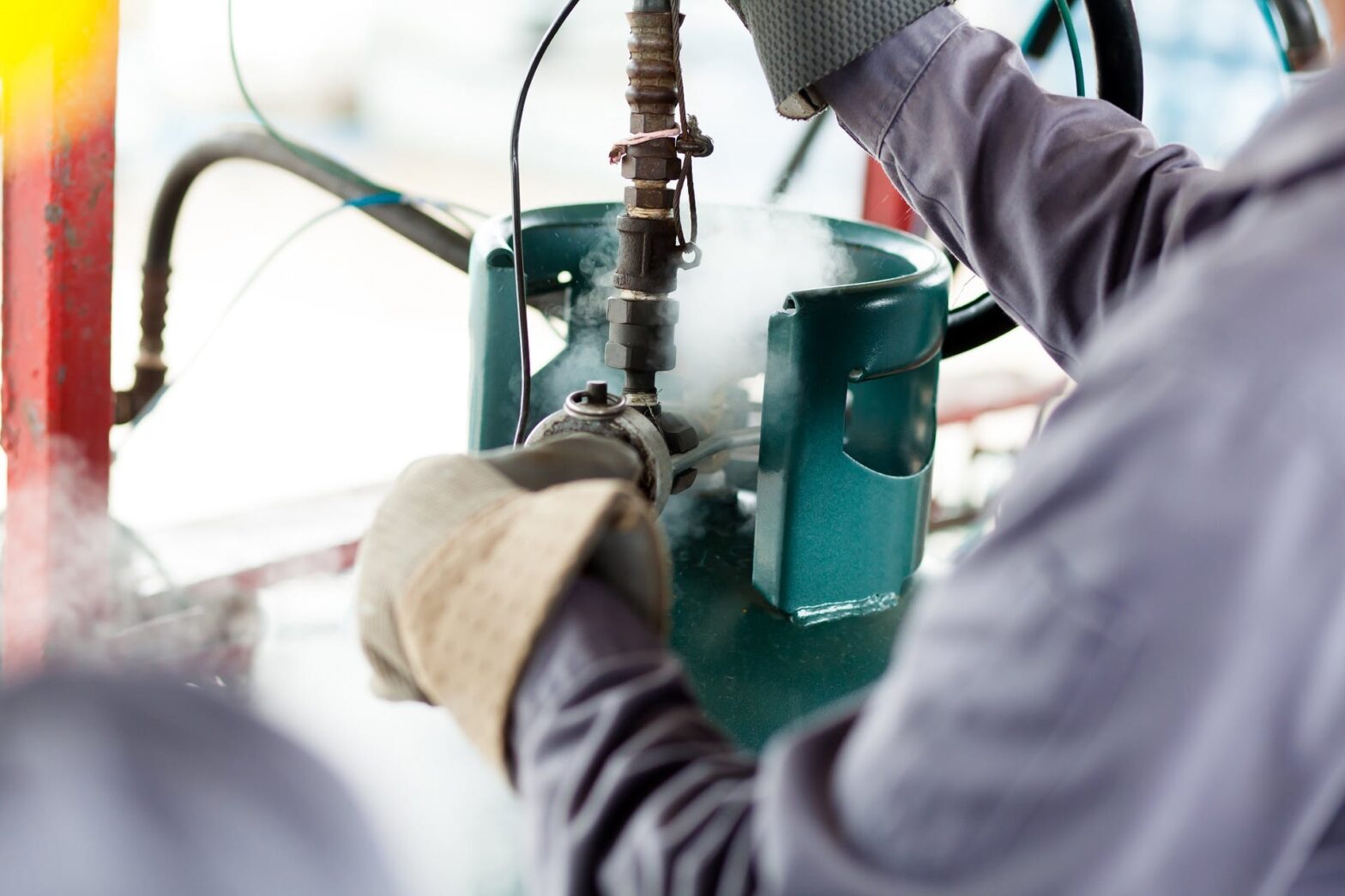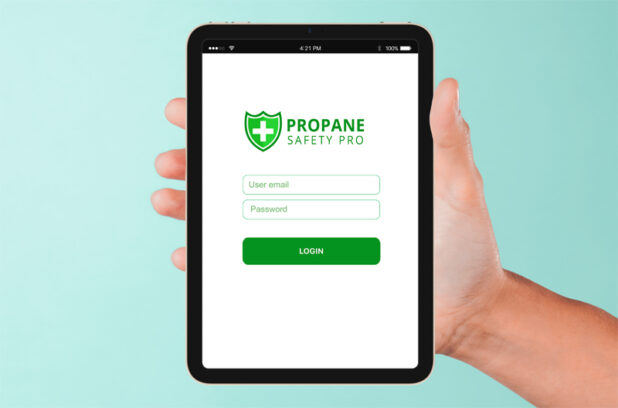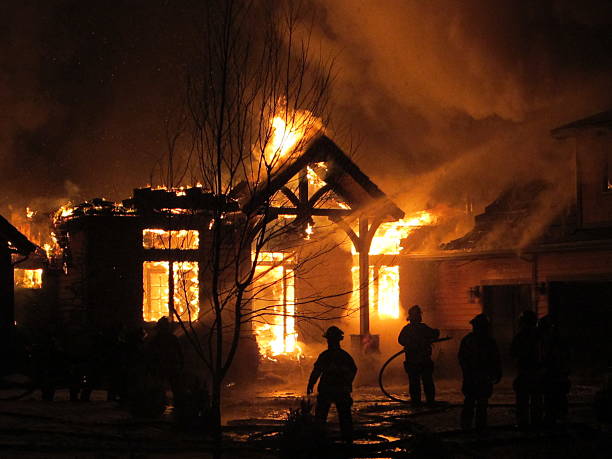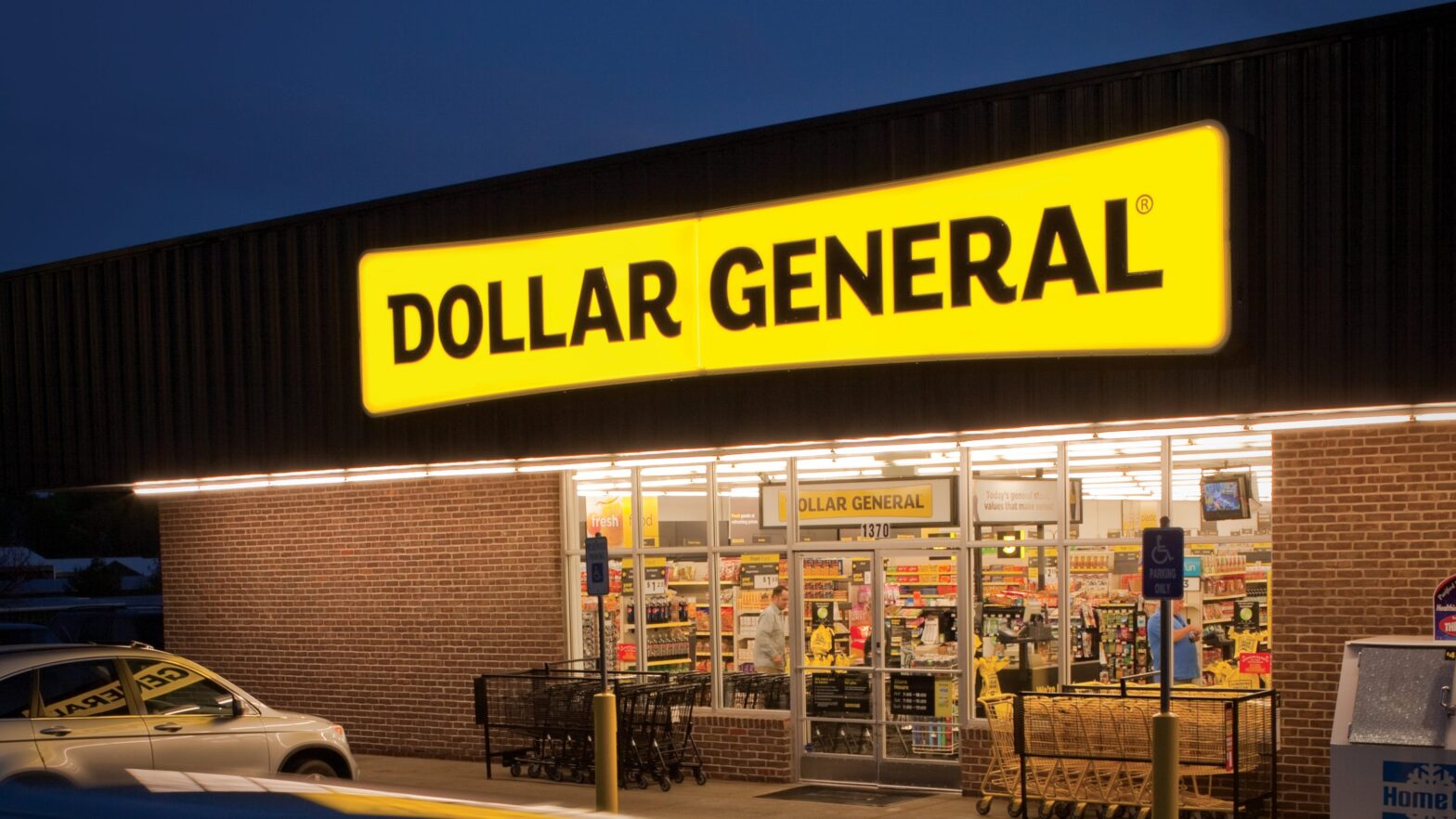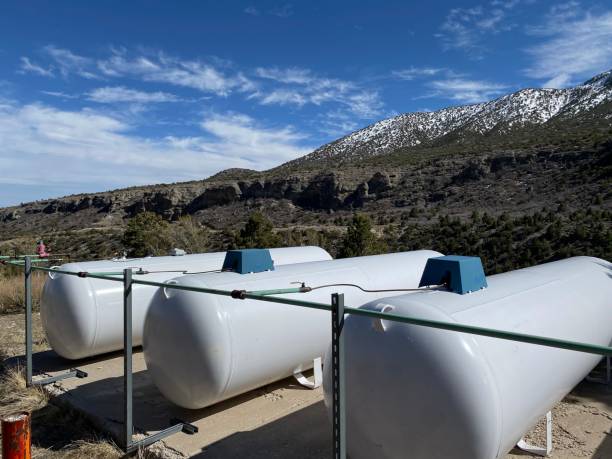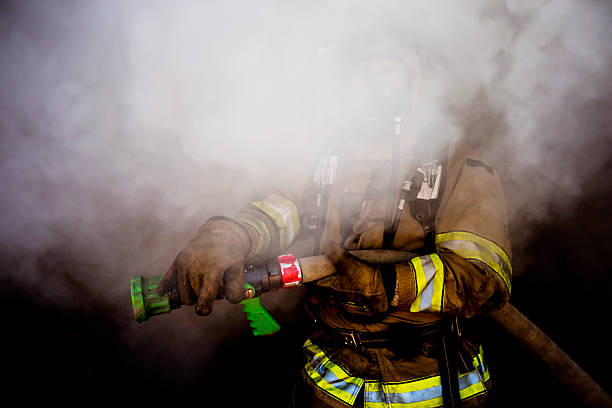Propane Industry Unites to Fuel the Future: Overcoming Challenges, Embracing Opportunities
Propane business owners and industry leaders convened in Washington, D.C. in early June for the highly anticipated National Propane Gas Association (NPGA) summer board of directors’ meeting and annual Propane Days event. Each year, this gathering serves as a platform for important updates and collective efforts to promote the financial and environmental advantages of propane… Continue reading Propane Industry Unites to Fuel the Future: Overcoming Challenges, Embracing Opportunities
Propane business owners and industry leaders convened in Washington, D.C. in early June for the highly anticipated National Propane Gas Association (NPGA) summer board of directors’ meeting and annual Propane Days event.
Each year, this gathering serves as a platform for important updates and collective efforts to promote the financial and environmental advantages of propane as a fuel source to members of Congress and their staff. This time, participants directed their attention towards key issues, including gas bans and upcoming bills slated for reauthorization later in the year. Notably, the event featured important votes on two bills: the Gas Stove Protection and Freedom Act and the Save Our Gas Stoves Act.
Key Takeaways From the Board of Directors’ Meeting
NPGA Chair Michelle Bimson Maggi kicked off the meeting by extending a warm welcome to attendees and honoring NPGA members with unique awards, recognizing their exceptional contributions to the industry, from the “awesome” award to the “courageous leader” award.
The conclusion of Bimson Maggi’s groundbreaking term as the first female NPGA Chair was a significant milestone. As she reflected on her tenure and contemplated the future, Bimson Maggi shared her optimism, expressing her eagerness to witness the industry’s path under new leadership. She expressed her hope to contribute in any way necessary and emphasized the remarkable progress made in just a year since she assumed the role as the inaugural female chairperson. Bimson Maggi fondly recalled her experiences and encounters that showcased the industry’s strength and potential throughout the past year.
Jeff Stewart takes the helm as the new chair, succeeding Bimson Maggi, and brings a strong determination to tackle the challenges faced by the industry. Stewart emphasizes the ongoing significance of conventional propane within the energy sector and urges industry leaders to remain vigilant for emerging opportunities. He calls for the development of forward-thinking strategies to meet the future energy demands of the nation. Stewart emphasizes the need for every company, regardless of its size, to have a well-defined plan to progress and adapt to fulfill the country’s energy requirements. Rather than solely competing for existing business, he encourages a proactive approach of expanding the market through the introduction of new products. Stewart advocates for a more assertive and venturesome mindset, urging industry members to step out of their comfort zones and embrace the discomfort that accompanies growth and innovation.
Thomas Van Buren will take on the role of chair-elect, while Mike Hopsicker assumes the position of vice chair and D.D. Alexander serves as the association’s treasurer.
Propane Days: Hopes & Challenges
During the Propane Days legislative briefing, NPGA Vice President of Legislative Affairs, Michael Baker, provided valuable advice to attendees, emphasizing, “We don’t talk about what propane is, we talk about what propane does.” This set the stage for a day filled with over 200 strategic meetings between propane marketers and congressional representatives.
 The opportunity to engage in face-to-face discussions with members and staff of Congress was a long-awaited one, after three years of COVID-19 precautions that made such meetings impossible.
The opportunity to engage in face-to-face discussions with members and staff of Congress was a long-awaited one, after three years of COVID-19 precautions that made such meetings impossible.
In navigating the complex and often turbulent environment of Congress, the advice from board leadership remained straightforward: Focus on what you do as a propane businessperson and share the stories of how propane has improved the lives of your customers.
Nevertheless, conveying this story poses difficulties, especially considering the ongoing campaigns against propane as a viable fuel source. Steve Kaminski, the president and CEO of NPGA, shed light on the significant challenges currently confronting the industry, with a specific focus on the issue of gas bans. Kaminski highlighted the alarming fact that around 100 municipalities have enforced gas bans in various capacities. He emphasized the industry’s resolute opposition to multiple regulatory processes initiated by federal agencies. Additionally, Kaminski highlighted the collaborative efforts with state propane gas associations to address state and local initiatives that impede energy choice.
Changing public opinion regarding the environmental and financial benefits of propane remains an uphill battle. Despite national and local efforts to restrict propane products, there are signs of progress in promoting propane as a cost-efficient and clean energy source. Kaminski highlighted the passage of energy choice laws in 24 states, safeguarding 41% of all gallons sold in the United States. These laws prohibit local municipalities from banning energy sources like gas. Kaminski emphasizes that sustainable decarbonization requires a multi-pronged approach, incorporating low carbon energy molecules produced from both conventional and renewable sources. This approach considers the reliability, resilience, and aggregate costs passed on to energy consumers.
Continuing the Message
Promoting propane extends beyond the realm of legal experts. This year’s Propane Days welcomed attendees from diverse positions and titles within the industry, each with a unique role to play in advocating for this clean energy source.
As industry leaders develop strategies to overcome existing and future obstacles, every member can contribute by sharing the compelling story of propane as a clean and efficient fuel source. By uniting and embracing the potential of propane, businesses in this vital industry can fuel the future and drive positive change in the energy landscape.

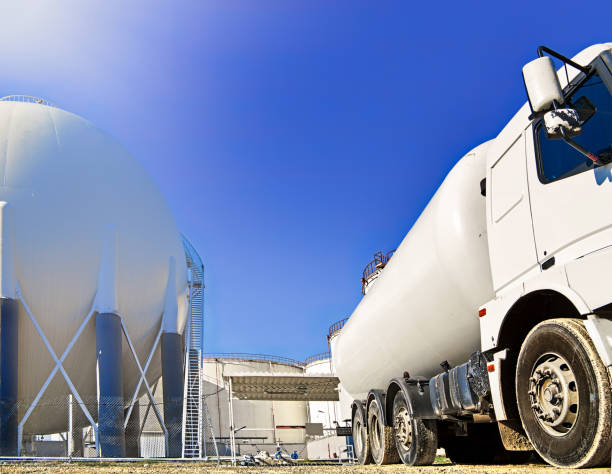
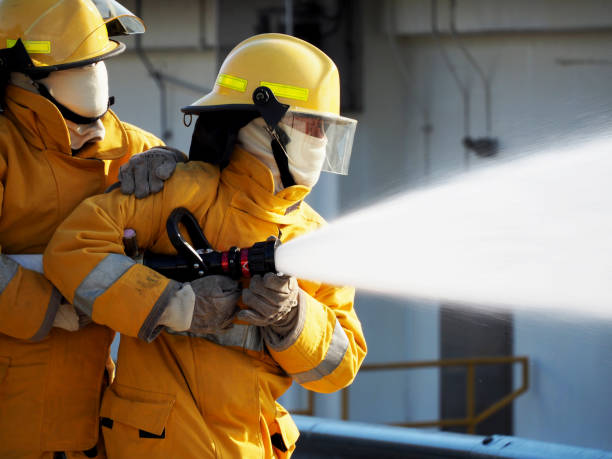
 Upon receiving the emergency call at approximately 8:20 a.m., firefighters sprang into action. Three extra fire engines and the specialized Hazmat 64 unit, designed for containing flammable liquids, were also dispatched by Cal Fire.
Upon receiving the emergency call at approximately 8:20 a.m., firefighters sprang into action. Three extra fire engines and the specialized Hazmat 64 unit, designed for containing flammable liquids, were also dispatched by Cal Fire.
 The investigation into the cause of the propane leak and subsequent explosion is ongoing. Authorities are diligently working to determine the circumstances surrounding the incident, aiming to prevent similar occurrences in the future.
The investigation into the cause of the propane leak and subsequent explosion is ongoing. Authorities are diligently working to determine the circumstances surrounding the incident, aiming to prevent similar occurrences in the future.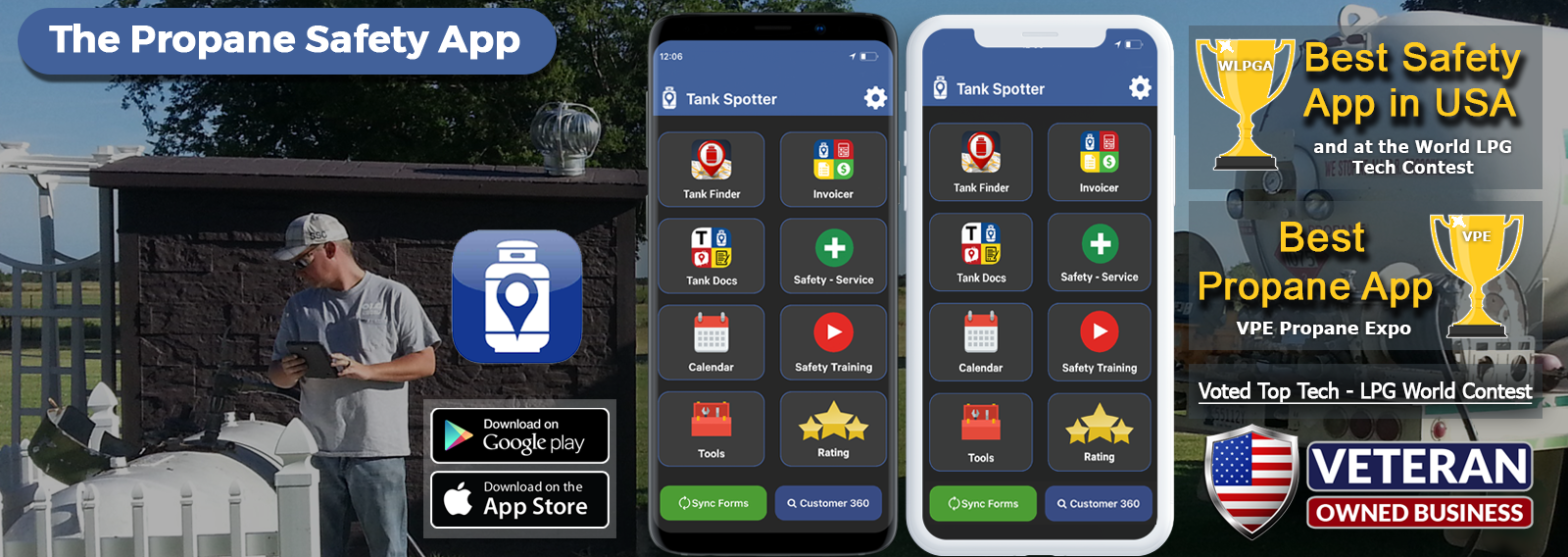
 consumer satisfaction. To navigate these complexities successfully, adopting a proactive approach is essential. Hence, the incorporation of pioneering tools such as Tank Spotter becomes imperative in augmenting retail businesses through task automation, swift resolution of safety and maintenance concerns, and steadfast adherence to regulatory requirements. Tank Spotter offers retailers a comprehensive and organized solution to streamline their operations and meet consumer demands effectively.
consumer satisfaction. To navigate these complexities successfully, adopting a proactive approach is essential. Hence, the incorporation of pioneering tools such as Tank Spotter becomes imperative in augmenting retail businesses through task automation, swift resolution of safety and maintenance concerns, and steadfast adherence to regulatory requirements. Tank Spotter offers retailers a comprehensive and organized solution to streamline their operations and meet consumer demands effectively.

 Despite multiple propane tanks exploding, the fire was contained to the roof and extinguished by the firefighters. Fire chief, Charlie Cribb, reported that the roof sustained thermal damage due to the blaze. The high temperatures and soaring heat index posed a challenge for the firefighters, prompting the assistance of Georgetown County Fire EMS and Midway Fire Rescue to rotate personnel and ensure their well-being throughout the firefighting operation.
Despite multiple propane tanks exploding, the fire was contained to the roof and extinguished by the firefighters. Fire chief, Charlie Cribb, reported that the roof sustained thermal damage due to the blaze. The high temperatures and soaring heat index posed a challenge for the firefighters, prompting the assistance of Georgetown County Fire EMS and Midway Fire Rescue to rotate personnel and ensure their well-being throughout the firefighting operation.
 New Hampshire, known for its cold climate, had households spending an average of $981 on space heating, reflecting the high demand for warmth. Fuel oil emerged as the most commonly used primary heating fuel in New Hampshire, accounting for 40% of households.
New Hampshire, known for its cold climate, had households spending an average of $981 on space heating, reflecting the high demand for warmth. Fuel oil emerged as the most commonly used primary heating fuel in New Hampshire, accounting for 40% of households.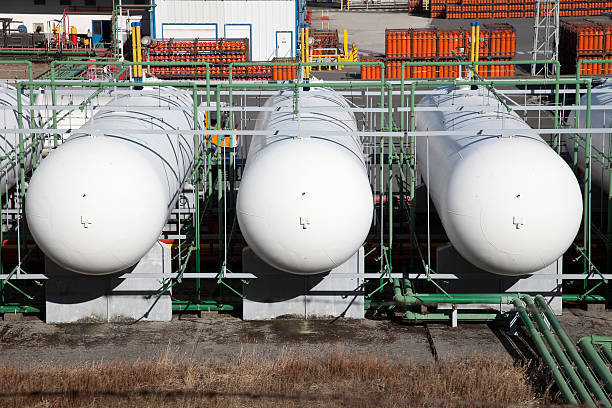
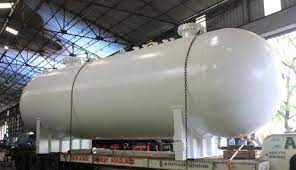 National inventory levels now sit at 76.9 MMbbl, representing a 43 percent increase compared to the previous year and a 27 percent surplus relative to the five-year average. PADD 2 (Midwest/Conway) inventories experienced a minimal increase of 0.1 MMbbl, reaching 19.1 MMbbl, nearly 21 percent higher than last year. PADD 3 (Gulf Coast/Belvieu) inventories, on the other hand, observed a build of 1.6 MMbbl, amounting to approximately 59 percent more than the previous year.
National inventory levels now sit at 76.9 MMbbl, representing a 43 percent increase compared to the previous year and a 27 percent surplus relative to the five-year average. PADD 2 (Midwest/Conway) inventories experienced a minimal increase of 0.1 MMbbl, reaching 19.1 MMbbl, nearly 21 percent higher than last year. PADD 3 (Gulf Coast/Belvieu) inventories, on the other hand, observed a build of 1.6 MMbbl, amounting to approximately 59 percent more than the previous year.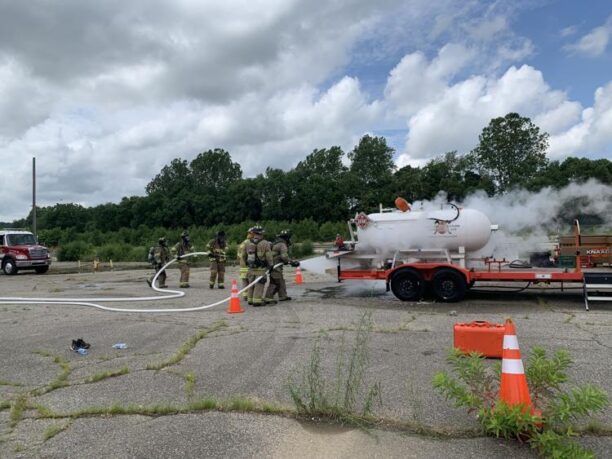
 The training session covered techniques such as container flaring and water injection, enabling responders to safely and efficiently handle damaged containers. In the past, responders often had to wait hours at the scene for containers to vent or burn off products, which posed fire and explosion risks. However, with the new equipment and techniques, containers can now be emptied and controlled, significantly reducing the hazards and the time emergency units spend on-site.
The training session covered techniques such as container flaring and water injection, enabling responders to safely and efficiently handle damaged containers. In the past, responders often had to wait hours at the scene for containers to vent or burn off products, which posed fire and explosion risks. However, with the new equipment and techniques, containers can now be emptied and controlled, significantly reducing the hazards and the time emergency units spend on-site.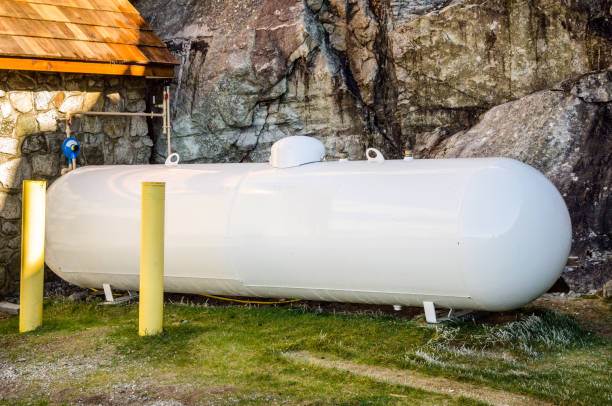
 Peters also recommends contacting the propane tank manufacturer in the event of a leak. It is best to store propane tanks in shaded areas away from direct sunlight during hot weather. It is essential to avoid bringing the tanks indoors and instead keep them in well-ventilated outdoor spaces.
Peters also recommends contacting the propane tank manufacturer in the event of a leak. It is best to store propane tanks in shaded areas away from direct sunlight during hot weather. It is essential to avoid bringing the tanks indoors and instead keep them in well-ventilated outdoor spaces.

